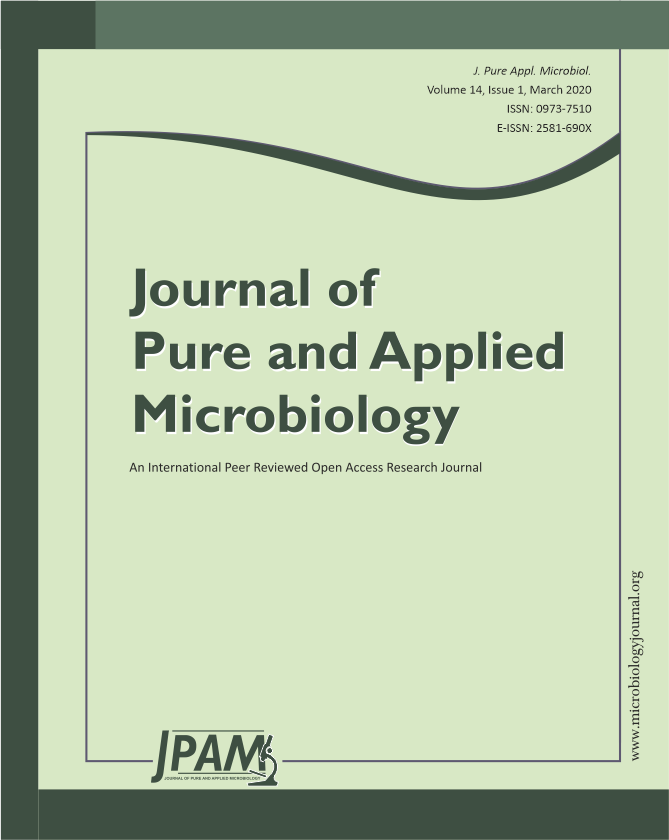Staphylococcus aureus is an important pathogen that can lead to high number of infections worldwide. The present study was aimed to investigate cytoplasmic metabolites of S. aureus at mid-exponential and stationary phases following growth in a combination of conditions including variations in pH and temperature. The result of metabolic analysis demonstrated that most of the metabolites measured at stationary phase under optimal conditions were significantly altered in comparison to equivalent cells harvested at mid- exponential phase. The major alteration was mainly observed in nitrogenous bases and organic acids, which were relatively decreased in cells grown to stationary phase, while mannitol, galactonic acid and adenosine were relatively increased in the cultures harvested at stationary phase. At both phases, the metabolic profiles were substantially different between cultures grown under ideal control conditions compared with those grown under more acidic and alkali conditions with lower temperature of 35°C. The analyses of cells harvested from control and treatment samples at mid-exponential phase showed that nitrogenous bases including uracil and adenine were significantly decrease in treatment groups compared with reference controls. However, these metabolites were relatively increased in the treatment cells grown to stationary phase. It was evident that variants in environmental parameters led to differential profiles of cytoplasmic metabolites during adaptation processes to applied conditions. These results provided robust evidence supporting the hypothesis that specific alterations in cytoplasmic metabolites were essential for S. aureus to adapt and hence survive under changes in the environmental parameters.
Cytoplasmic metabolites, S. aureus, metabolic homeostasis, stress responses.
© The Author(s) 2020. Open Access. This article is distributed under the terms of the Creative Commons Attribution 4.0 International License which permits unrestricted use, sharing, distribution, and reproduction in any medium, provided you give appropriate credit to the original author(s) and the source, provide a link to the Creative Commons license, and indicate if changes were made.


